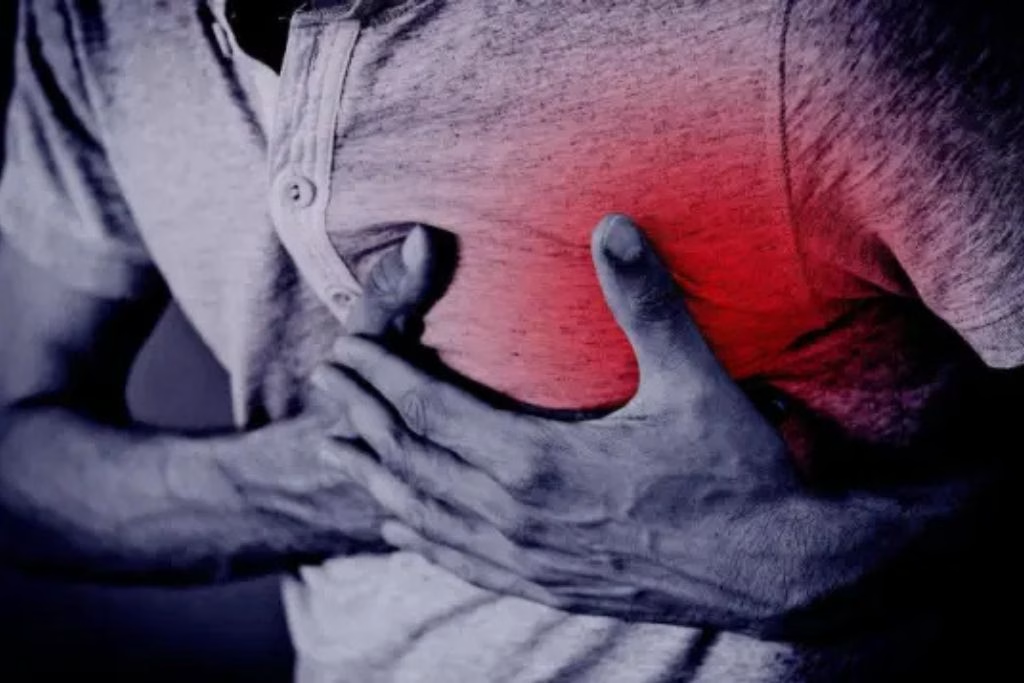
Understanding the Cardiovascular Effects of Rising Temperatures
The University of Portsmouth is at the forefront of research exploring the impact of extreme heat on cardiovascular health. With climate change causing more frequent and intense heatwaves, understanding these effects is crucial for protecting vulnerable populations. This article delves into the university’s research, examining its implications for public health and future research directions.
The Limitations of Traditional Heat Testing
For years, scientists have studied how heat affects the human heart. However, a recent study involving the University of Portsmouth and other leading institutions has revealed that traditional heat testing methods may not accurately reflect real-world scenarios. The study, published in Nature Communications, analyzed data from over 400 laboratory studies and found that encapsulated heating methods, like water-perfused suits, significantly increase heart rates and cardiac strain compared to natural heat exposure.
Simulating Real-World Heat Exposure
The research highlights the importance of simulating natural heat exposure in laboratory settings to accurately assess the cardiovascular effects of heat waves. Dr. Joe Costello, from the University of Portsmouth’s Extreme Environments Laboratories, emphasizes the need for refined physiological models that can inform heat-health action plans and policies. The findings suggest that climate-controlled environments that mimic hot weather provide more realistic cardiac responses compared to artificial heating methods.
How Extreme Heat Impacts the Heart
When exposed to extreme heat, the body initiates cooling mechanisms, such as increasing blood flow to the skin. This leads to higher heart rates and increased cardiac workload, potentially straining the heart. This strain poses significant risks for vulnerable populations, including older adults and individuals with pre-existing heart conditions. Understanding the specific physiological responses to natural heat exposure is crucial for developing effective preventative measures and treatment strategies.
Implications for Public Health
The University of Portsmouth’s research has critical implications for public health. As global temperatures rise, heat-related illnesses and cardiovascular complications are expected to increase. By understanding how extreme heat affects the heart, health agencies can develop targeted strategies to protect vulnerable groups during heat waves. These strategies may include public awareness campaigns, early warning systems, and cooling centers for those at high risk.
The University of Portsmouth’s Extreme Environments Laboratories
The University of Portsmouth’s Extreme Environments Laboratories (EEL) are equipped to study the effects of various environmental factors on human physiology. The EEL supports research in diverse areas, from sport science to military training. The laboratories’ unique facilities allow researchers to simulate a range of extreme environments, providing valuable insights for protecting human health and performance in challenging conditions.
Future Research Directions
The University of Portsmouth’s research on extreme heat and heart health is ongoing. Future studies will likely focus on developing more sophisticated models of heat exposure and investigating the long-term impacts of heat stress on the cardiovascular system. This research will continue to contribute valuable knowledge to inform public health interventions and mitigate the effects of climate change on human health.
Take Action to Protect Your Heart
While research continues to advance our understanding of heat-related health risks, individuals can take proactive steps to protect themselves during hot weather: Stay hydrated by drinking plenty of water, avoid strenuous outdoor activities during the hottest parts of the day, seek cool environments when possible, and monitor yourself and others for signs of heat exhaustion or heat stroke.
Discover what the University of Portsmouth has to offer. Learn more about its programs, campus life, and how you can start your study journey in the UK. Fill out the form today to get personalized guidance from Studygram.

